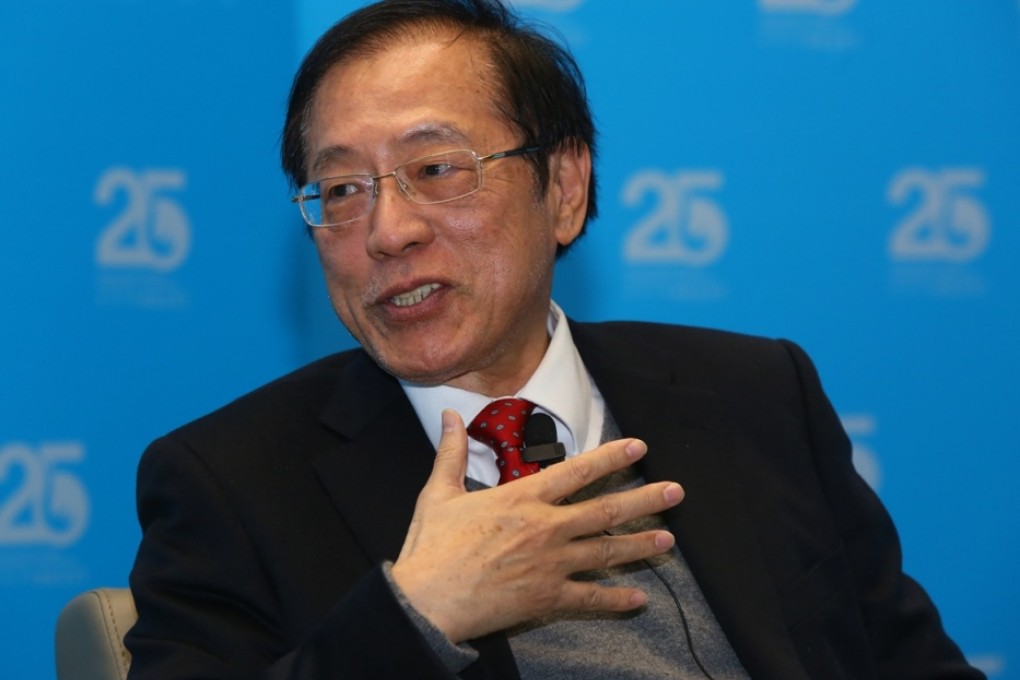HKUST students should consider careers in quantum computing, expert says

After nearly three decades of searching for ways to build superfast computers that operate on the principles of quantum mechanics, the reality of a fully-fledged quantum computer is moving closer, says professor Andrew Yao Chi-chih, dean of the Institute for Interdisciplinary Information Sciences, Tsinghua University, Beijing.
“Quantum computing is no longer viewed as a fad, or a scientist’s pie in the sky,’’ Yao told an audience of students, faculty, and invited guests during his presentation at a Hong Kong University of Science and Technology (HKUST) 25th Anniversary Distinguished Speakers Series event on January 28. Yao also took the opportunity to explain his rationale for quantum computing to be recognised as a Great Science. “Great Science involves the intersection of different scientific disciplines to create new knowledge that allows the exploration of the previously unimaginable,’’ stressed Yao, adding that Great Science also lifts the human spirit.
Yao believes computers built on the principles of quantum physics could revolutionise the information processes used for a range of applications, including precision weather forecasting and replacement aircraft fuselage wind tunnel testing. He also pointed out that increasingly powerful computers are needed to solve fresh challenges.
Yao, who was born in Shanghai, and gained a PhD in physics from Harvard University and a PhD in computer science from the University of Illinois, added that advances in quantum computing are occurring at a time when Moore’s Law, which states the processing power for computers will double every two years, is being pushed to the limits by the demand for “big data’’ and ‘’super’’ computing processes. ‘’Every generation has its own unique problems which computer power is channeled towards solving,’’ said Yao. The professor said research has come a long way since the 1980s, when physicist Richard Feynman predicted that a computer which used the quantum properties of matter to perform calculations could function much faster than a traditional computer.
Renowned for his analysis of algorithms, computational complexity, cryptography, and quantum computing, Yao explained how quantum computing uses an entirely different approach to conventional computing. Instead of binary units or “bits’’ used in traditional computing, quantum computers operate by using quantum bits (“qubits”). These create a “quantum superposition” which gives them the capability to solve complex problems that would take today's computers decades to decipher. Yao revealed how diamonds are being used to create quantum bits.
“The design of quantum computers offers a daring approach to take advantage of quantum problems, instead of fighting them,” said Yao who is widely recognised as one of a distinguished group of mathematical scientists who can solve hard problems, as well as propose them. The professor is also credited with having ability to conceptualise novel ideas that have developed into a new field of mainstream study. His 1977 paper “Probabilistic computations: toward a unified measure of complexity” is now known as Yao’s minimax principle; it uses game theory to understand randomised algorithms. His recent work has focused on security protocols and universally composable secure computation.
